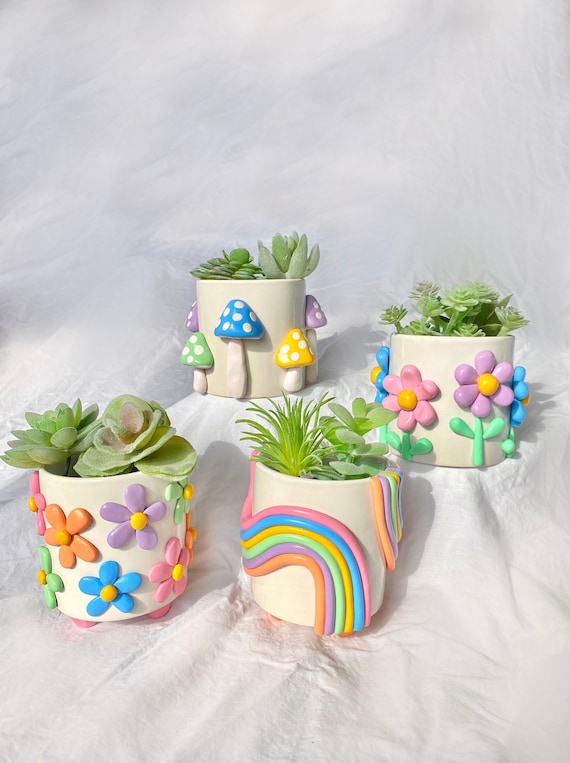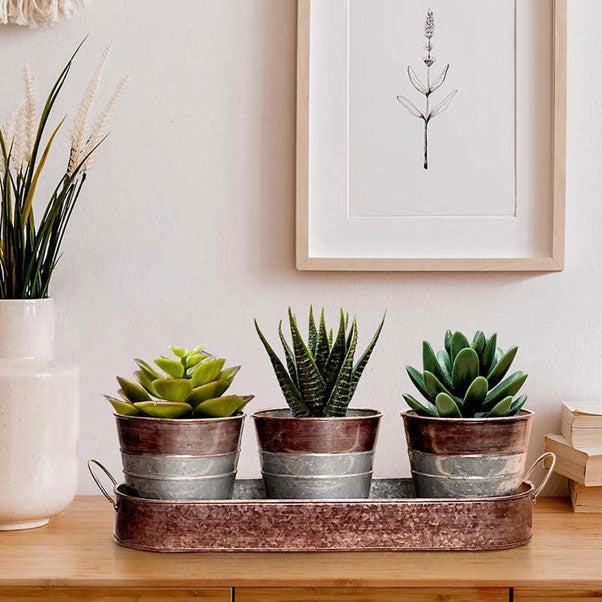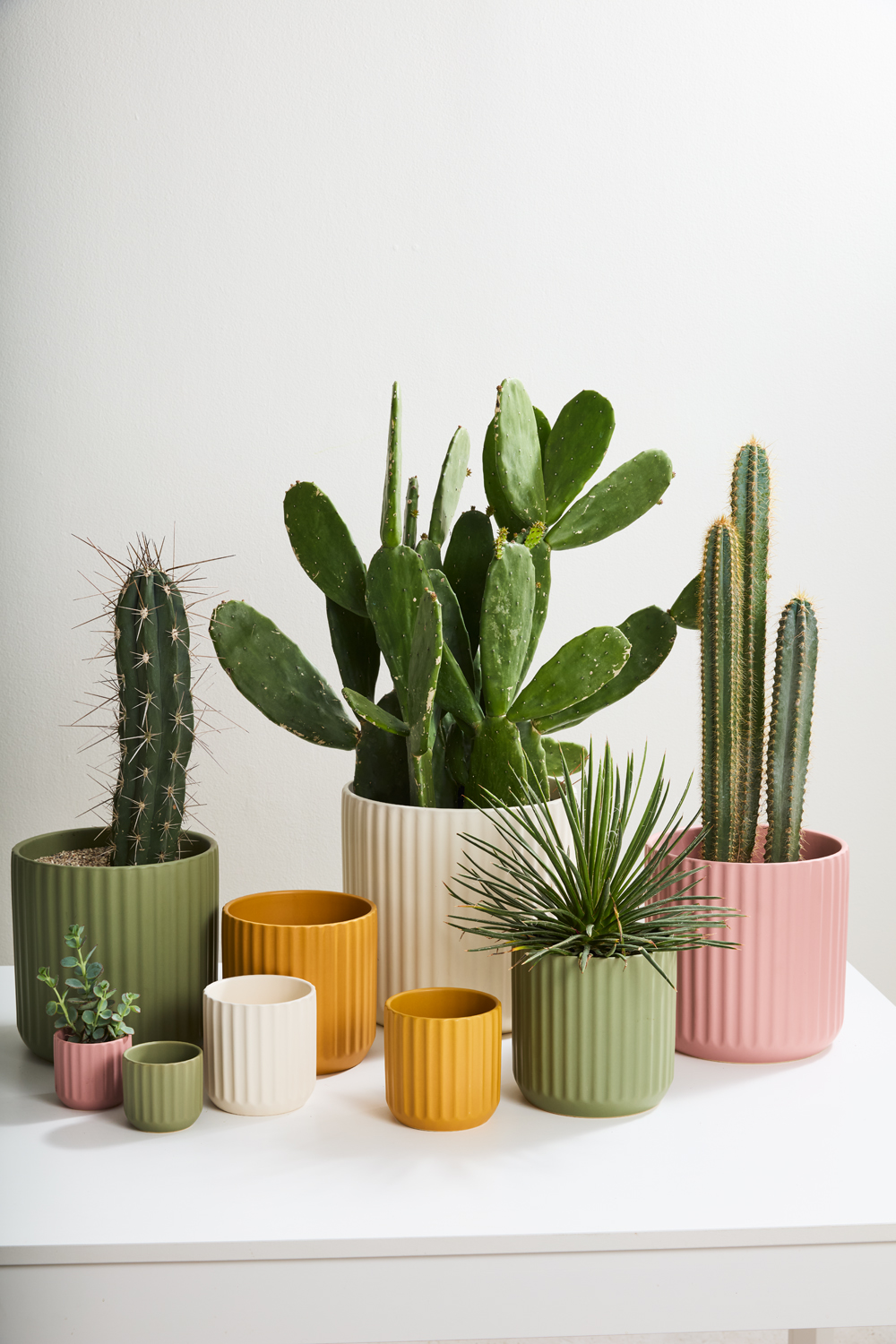When it comes to enhancing your living space, decorative pots and planters can play a vital role. They not only house your beloved plants but also add a splash of style and personality to your home decor. Having spent years curating my indoor garden, I’ve come to appreciate the aesthetics and functionality of various planters. In this guide, we’ll explore types of decorative pots and planters, their materials, styles, care tips, and how they can transform your home.
Understanding Decorative Pots and Planters
At their core, decorative pots and planters serve the practical purpose of holding soil and plants. However, they also function as decorative elements that can complement your home’s overall aesthetic. Let’s dive into the different aspects that make these items essential in home decor.
Why Use Decorative Pots and Planters?
- Enhance Aesthetic Appeal: Beautifully designed pots can serve as focal points in your decor.
- Showcase Your Style: From modern to traditional, your choice of planters reflects your personal taste.
- Plant Health: Quality pots promote better drainage and root health.
- Versatility: Suitable for both indoor and outdoor plants, decorative pots are versatile in usage.

Types of Decorative Pots and Planters
There is an extensive variety of decorative pots and planters available today. Each type has its unique benefits and style. Below, I’ve categorized them based on their design, material, and intended use.

Indoor Planters
Indoor planters are designed for use inside the home. They come in various styles, allowing you to choose something that matches your interior decor.

Ceramic Pots
Ceramic pots are a popular choice due to their aesthetic appeal. They come in various colors and designs, making them versatile for any room.
- Pros: Attractive, good insulation for plants.
- Cons: Can be heavy and prone to breaking.

Plastic Planters
Plastic planters are lightweight and often more affordable. They are a great choice for those who want something that won’t break easily.
- Pros: Lightweight, durable, available in many styles.
- Cons: May not be as visually appealing as ceramic or terracotta.

Metal Planters
Metal planters can lend a modern look and are particularly durable.
- Pros: Durable, stylish, available in various finishes.
- Cons: Can heat up quickly and may not be suitable for all plants.

Outdoor Planters
Outdoor planters are designed to withstand the elements while adding charm to your garden or patio.

Terracotta Pots
Terracotta pots are a classic choice for outdoor gardening. They allow for breathability but can dry out quickly.
- Pros: Breathable, classic look, great for herbs.
- Cons: Prone to cracking in freezing temperatures.
Wooden Planters
Wooden planters offer a rustic charm and can be customized to any size.
- Pros: Natural look, customizable, good for larger plants.
- Cons: Requires maintenance to prevent rot.
Choosing the Right Decorative Pot or Planter
When choosing a decorative pot or planter, consider a few factors to ensure you select the best option for your plants and decor.
Size Matters
Choosing the right size planter is crucial. A pot that’s too small can restrict plant growth, while one that’s too large might hold too much moisture, leading to root rot. Here’s how to measure:
- For small plants, choose a pot that is 1-2 inches larger in diameter than the current one.
- For larger plants, up to 3 inches larger is often ideal.
Drainage is Key
Ensure your planter has adequate drainage holes. This is crucial for preventing water from accumulating at the bottom, which can harm your plants.
Style and Aesthetics
Consider your home’s interior and exterior style when selecting pots. Matching colors and styles can help create a cohesive look.
Care Tips for Decorative Pots and Planters
Once you’ve selected the perfect decorative pots and planters, proper care will ensure your plants thrive.
Cleaning Your Planters
Regular cleaning helps prevent disease buildup. Here’s a simple cleaning routine:
- Remove plant and dirt.
- Wash with warm soapy water.
- Rinse thoroughly and let dry.
Re-potting When Necessary
As plants grow, they may need to be re-potted into larger containers to provide more space for their roots.
Seasonal Tips
Adjust your planters based on the seasons. For instance, consider bringing indoor plants outside during summer for additional sunlight.
Comparison of Planter Types
| Type | Material | Best For | Longevity | Average Cost |
|---|---|---|---|---|
| Ceramic Pots | Ceramic | Indoor Plants | Long-lasting | $20 – $100 |
| Plastic Planters | Plastic | Indoor/Outdoor Plants | Moderate | $5 – $30 |
| Metal Planters | Metal | Indoor Plants | Long-lasting | $15 – $80 |
| Terracotta Pots | Terracotta | Outdoor Plants | Moderate | $10 – $60 |
| Wooden Planters | Wood | Outdoor Plants | Short to Moderate | $30 – $150 |
Conclusion
Decorative pots and planters are a wonderful way to express your style while providing your plants with the care they need. By considering factors such as size, material, and aesthetics, you can select the perfect decorative pieces for your home. Whether you prefer the earthy look of terracotta or the sleek appearance of ceramic, there are options to suit every preference and space. Embrace your creativity, and let your plants thrive in beautiful containers!
FAQs about Decorative Pots and Planters
What are the best materials for indoor planters?
The best materials are typically ceramic and plastic. Ceramic offers elegance and good insulation, while plastic is lightweight and budget-friendly.
How often should I water plants in decorative pots?
Watering frequency depends on the plant type and pot material. Always check the soil moisture first; many plants prefer their soil to dry out slightly between waterings.
Can I use outdoor planters indoors?
Yes, outdoor planters can be used indoors, but ensure they have the proper drainage and are not too heavy or bulky for your space.
Are there specific pots for succulents and cacti?
Yes, look for pots with excellent drainage and a gritty soil mixture to promote air circulation around the roots.
How can I decorate my planters naturally?
Consider adding fresh moss, decorative stones, or even painting pots to match your home decor.